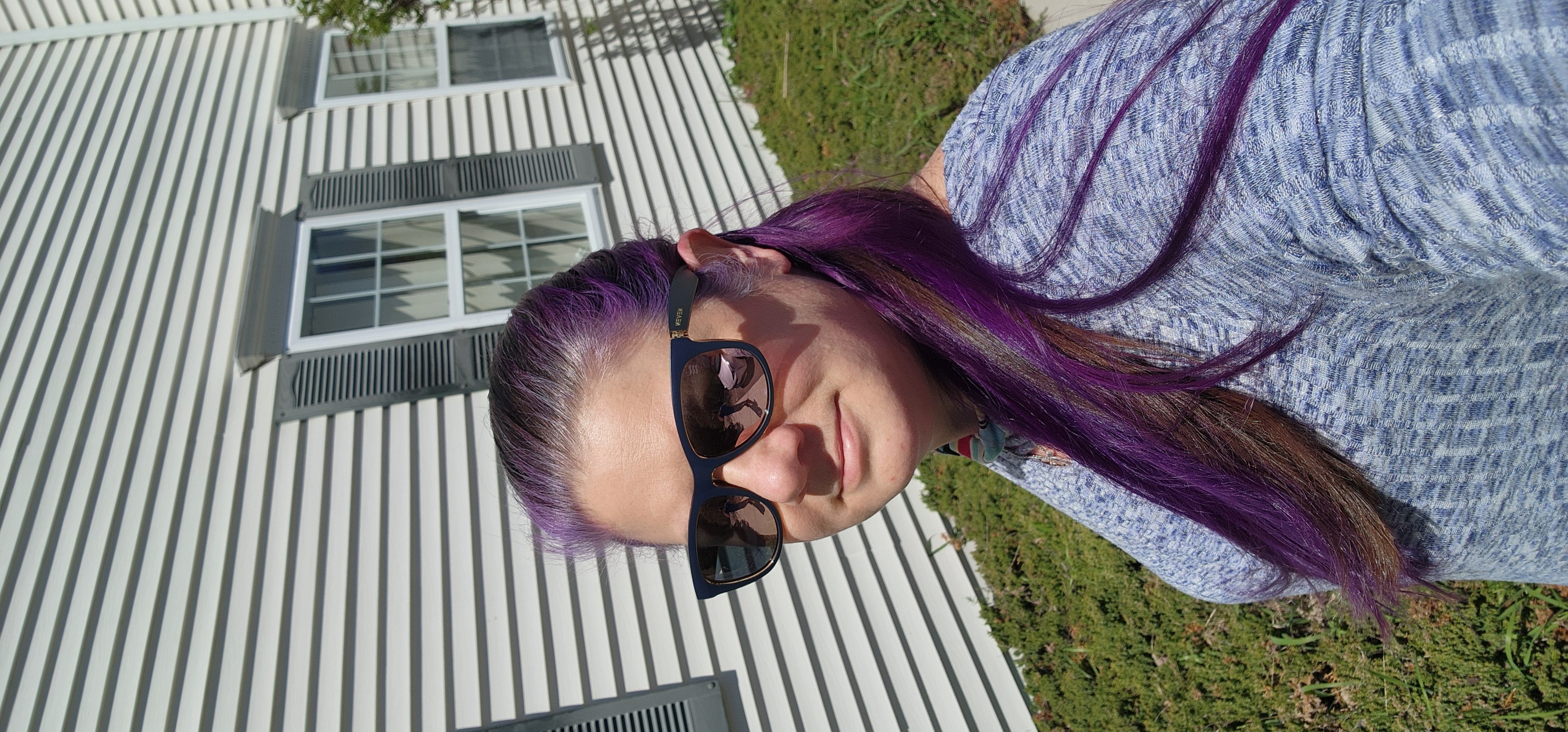
Cost to Install Engineered Hardwood Flooring: Complete Guide
Factors Influencing the Cost of Engineered Hardwood Flooring
Understanding what drives the cost of engineered hardwood flooring can help you make informed decisions when planning your project. Let's dive into the main factors that can impact the price.
Material Quality and Type
The quality and type of materials used in engineered hardwood flooring play a significant role in determining the cost. Premium options often feature a thicker veneer of real wood and multiple core layers, which enhance durability and add to the price. For instance, luxury engineered hardwood can range from $9 to $16 per square foot, with some options going beyond $25. On the other hand, budget-friendly options might cost between $3 and $9 per square foot, offering fewer layers and a thinner veneer.
Installation Complexity
Installation complexity can significantly affect overall costs. Factors like the condition of your subfloor, the need for moisture barriers, and the intricacy of the installation pattern can all contribute to increased labor and material costs. For example, if your subfloor requires extensive preparation or if you're opting for a complex pattern like herringbone, expect the labor costs to rise accordingly.
Geographic Location
Where you live can also impact the cost of installing engineered hardwood flooring. Labor rates vary by region, and areas with a higher cost of living typically have higher installation costs. Additionally, the availability of materials and local demand can influence prices. It's always a good idea to get multiple quotes from local contractors to understand the going rates in your area.
When planning your flooring project, consider consulting with Carpetland of New England by DFP LLC, known for their expertise in hardwood flooring services. They can provide valuable insights into material selection and installation, ensuring your flooring project is both beautiful and cost-effective.
Understanding Installation Costs for Engineered Hardwood Flooring

Labor Costs Breakdown
When you're planning to install engineered hardwood flooring, labor costs are a significant part of the budget. These costs can vary depending on your location and the complexity of the job. Typically, labor is charged per square foot, covering everything from removing the old floor to preparing the subfloor. Hiring professionals might seem costly upfront, but it can save you headaches in the long run. Professional installation ensures that your flooring is laid correctly, enhancing both its durability and appearance.
Additional Costs to Consider
It's not just about the wood and the labor. There are plenty of other expenses that can sneak up on you:
Underlayment: This is laid under the flooring for cushioning and moisture protection. The type and quality of underlayment can vary, impacting the cost.
Adhesives and Fasteners: Depending on the installation method, you might need glue or nails.
Trim and Moldings: These finishing touches can add to the overall cost.
Planning for these additional expenses can help you avoid surprises and keep your project within budget.
Installation Methods and Their Impact
The method you choose for installation can also affect the overall cost. Here are some common methods:
Floating Floor: This is often the most cost-effective method, where the planks are clicked together and "float" above the subfloor. It's quick and doesn't require adhesives.
Glue-Down: This method involves adhering the planks directly to the subfloor, providing stability but requiring more time and materials.
Nail-Down: Common for solid hardwoods, this method uses nails to secure the flooring. It offers a traditional look but can be labor-intensive.
Each method has its pros and cons, so consider your budget and desired outcome when choosing the best option for your home.
Comparing Engineered Hardwood to Other Flooring Options

Cost Differences
When you're weighing the costs, engineered hardwood often comes out as a more wallet-friendly option compared to solid hardwood. Solid hardwood typically costs between $5 to $10 per square foot, just for the materials. On the flip side, engineered hardwood ranges from about $4 to $7 per square foot. This price cut is mainly because engineered hardwood uses a thin layer of real wood on top of several layers of plywood or fiberboard, making it cheaper and more stable.
Durability and Maintenance
Engineered hardwood shines when it comes to durability. Its layered construction makes it less likely to warp with temperature changes, unlike solid hardwood. Plus, it can be sanded and refinished, although not as many times as solid hardwood. This makes it a long-lasting choice for many homeowners. Maintenance is pretty straightforward—just regular sweeping and occasional mopping to keep it looking fresh.
Aesthetic Appeal
The look of engineered hardwood is where it really stands out. With a top layer of real wood, you get that authentic wood grain and texture. This gives it an edge over laminate flooring, which only mimics wood with a printed image. You can find engineered hardwood in a variety of finishes and styles, making it easy to match any decor.
Choosing the right flooring is about balancing your needs with your budget and style preferences. Whether you lean towards the elegance of engineered hardwood or the practicality of other options, there's a perfect flooring solution waiting for you.
For those considering alternatives, tiles carpet flooring offers a durable and versatile solution, perfect for both homes and businesses. Its ease of maintenance and variety of designs make it a great choice for high-traffic areas.
Budgeting for Your Engineered Hardwood Flooring Project
Estimating Material Costs
Getting the right materials is the first step in your flooring adventure. Depending on the quality you want, prices can range quite a bit. Basic engineered hardwood might set you back $3 to $9 per square foot, while mid-range options could be $6 to $12. If you're going for luxury, expect to pay $9 to $16, or even up to $25 per square foot. Here's a simple breakdown:
Type of WoodCost Per Square FootBasic$3 - $9Mid-Range$6 - $12High-End$9 - $16 (up to $25)
Remember, the type of wood and its finish can greatly influence the cost. Always factor in the square footage of your space to get a ballpark estimate.
Planning for Labor Expenses
Labor costs can be a big chunk of your budget, often matching the cost of your materials. If your wood costs $2,500, labor might also be around $2,500, totaling $5,000. Rates vary from $60 to $80 per hour, so get a detailed estimate upfront. Hiring professionals might seem pricey, but it saves you from potential headaches down the line.
Accounting for Additional Costs
Don't overlook the additional expenses that can sneak up on you. Here's what you might need to consider:
Underlayment: Adds cushioning and moisture protection and can vary in cost.
Adhesives and Fasteners: Depending on the installation method, these might be necessary.
Trim and Moldings: These finishing touches can add to the overall expense.
Budgeting for your flooring project is more than just crunching numbers. It's about planning for a smooth installation and ensuring you don't hit any financial surprises. Always aim to get multiple quotes to compare and ensure you're getting a fair deal.
For those unexpected repairs or adjustments, consider expert flooring repair services to maintain the beauty and functionality of your floors. They offer consultations and tailored plans to fit your needs.
Choosing the Right Engineered Hardwood Flooring for Your Home
Evaluating Durability and Longevity
When picking engineered hardwood, durability is super important. You want something that lasts through the years, right? Start by looking at the Janka hardness rating of the wood species, which tells you how well it can handle wear and tear. Brazilian Cherry, for instance, scores high, making it great for busy spots in your house. Also, consider the thickness of the top layer. A thicker top layer means more chances to refinish the floor, extending its life.
Exploring Aesthetic Options
Engineered hardwood flooring comes in a ton of styles to match any home decor. From creamy white maple to rich reddish-brown Brazilian cherry, there are loads of colors to pick from. Pre-finished options can save you time and ensure a consistent look. Different wood species offer unique grain patterns too. Acacia has interesting graining that’s popular in rustic designs, while Heart Pine gives off a vintage charm with its defined grain.
Considering Environmental Impact
If you're thinking green, there are eco-friendly flooring options out there. Bamboo and cork are popular choices that offer a sustainable alternative to traditional materials. Bamboo grows quickly and is super durable, while cork is harvested from the bark of cork oak trees, making it renewable. These materials not only help reduce your carbon footprint but also bring a unique vibe to your home. Plus, they naturally resist mold and mildew, which is a win for indoor air quality.
Choosing the right flooring isn't just about looks; it's about finding a balance between style, durability, and sustainability. With so many options, it's easy to find something that fits your lifestyle and values. Whether you go for the classic appeal of hardwood, the practicality of laminate and vinyl, or the eco-friendliness of bamboo and cork, your floors can be both beautiful and functional.
DIY vs. Professional Installation: What to Consider
Pros and Cons of DIY Installation
Taking on a DIY installation of engineered hardwood flooring can be a rewarding project, but it’s not without its challenges. One of the biggest advantages is cost savings. You won't have to pay for labor, which can be a significant portion of the total expense. Plus, there's a certain satisfaction in completing a home project yourself.
However, DIY installation requires time, patience, and some level of skill. You’ll need to invest in or rent specialized tools like saws, nail guns, and sanders. Mistakes can be costly—not just financially, but in time and effort as well. If you don’t follow the proper steps, you might end up with an uneven floor or gaps between the planks.
Benefits of Hiring Professionals
Hiring professionals for your flooring installation can save a lot of hassle. These experts bring experience and efficiency, ensuring the job is done correctly the first time. They have access to all the necessary tools and know-how to handle unexpected issues, like uneven subfloors or tricky room layouts.
Professional installation also often comes with a warranty, giving you peace of mind that any potential problems will be addressed. This can be especially valuable if you’re installing flooring in a high-traffic area of your home.
Cost Implications
When considering the cost implications, DIY might seem the cheaper route initially. However, don’t forget to factor in the price of tools and materials, as well as the potential cost of fixing any mistakes.
On the other hand, hiring professionals means paying for labor, which can be a significant expense. Yet, this cost is balanced by the assurance of a job well done and the time you save. Additionally, professionals often have access to discounts on materials, which might offset some of the labor costs.
Whether you choose DIY or professional installation, consider your budget, time, and skill level. Sometimes, investing in professional services can save you money in the long run by avoiding costly errors and ensuring a high-quality finish.
Maximizing the Value of Your Engineered Hardwood Investment
Long-Term Benefits
Investing in engineered hardwood flooring is like planting a seed that grows into a tree of benefits over time. This flooring option not only adds a touch of elegance to your home but also offers excellent durability. With proper care, engineered hardwood can last for decades, providing a solid return on investment. Homebuyers often favor homes with wood flooring, which can boost your property's value when it comes time to sell.
Enhancing Home Value
Engineered hardwood flooring can significantly enhance your home's value. It's a feature that many buyers look for, and it often makes a house more appealing compared to those with other types of flooring. The natural look and feel of wood can create a warm, inviting atmosphere that resonates with potential buyers. Plus, the ability to refinish the surface means the floor can be restored to its original beauty, maintaining its appeal for years to come.
Maintenance Tips
Keeping your engineered hardwood in top condition doesn't have to be a chore. Here are some simple tips:
Regular Cleaning: Sweep or vacuum regularly to remove dust and debris that can scratch the surface.
Avoid Moisture: Use a damp mop rather than a wet one, and clean up spills immediately to prevent water damage.
Protective Measures: Use rugs or mats in high-traffic areas and felt pads under furniture legs to avoid scratches.
Choosing engineered hardwood flooring is about more than just aesthetics. It's a smart investment that adds value and beauty to your home, providing a foundation for many cherished memories.
For those weighing options, carpet flooring offers comfort and warmth, making it ideal for living spaces where coziness is key. Each flooring type has its own unique benefits, so consider your lifestyle and needs when making a decision.
If you want to get the most out of your engineered hardwood floors, it's important to take care of them properly. Regular cleaning and maintenance can help keep them looking great for years. For more tips and to explore our flooring options, visit our website today!
Conclusion
So, there you have it. Installing engineered hardwood flooring isn't just about picking a pretty plank. It's a mix of costs, choices, and a bit of planning. Whether you're going for a budget-friendly option or splurging on something fancy, knowing what you're getting into can save you a lot of headaches. Remember, it's not just about the initial cost—think about the long-term value and how it fits into your home. With the right approach, you'll have floors that not only look great but also stand the test of time. Happy flooring!



Facebook
Instagram